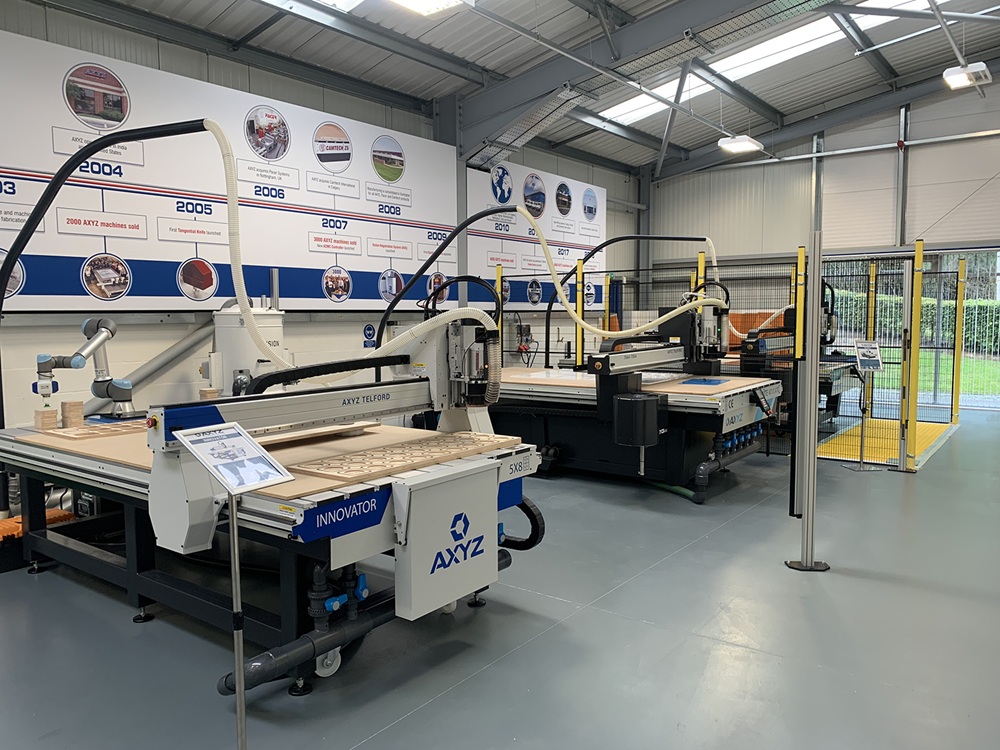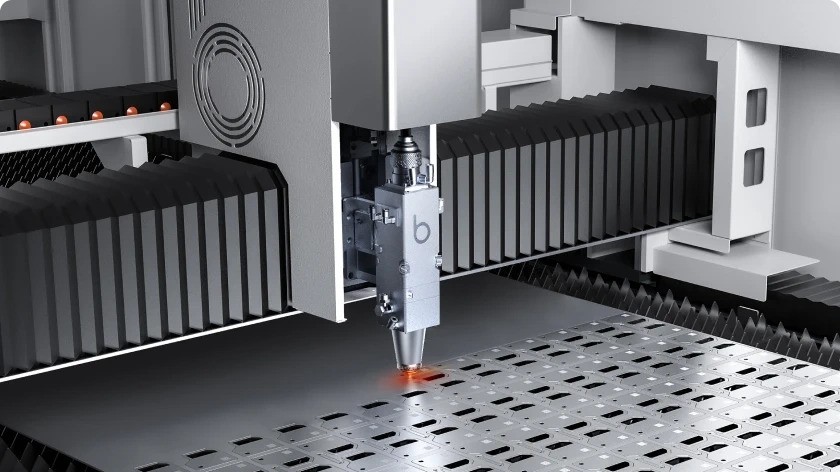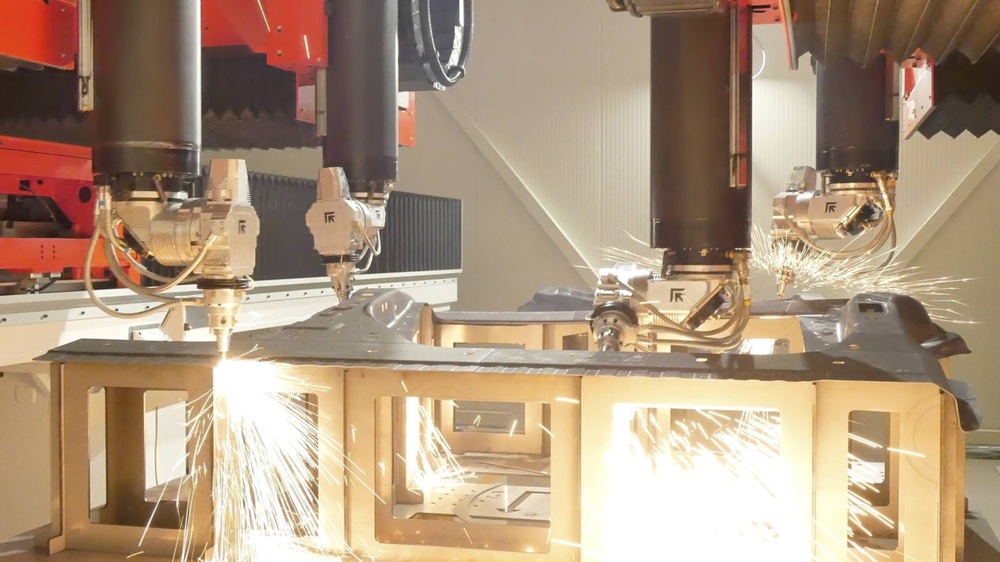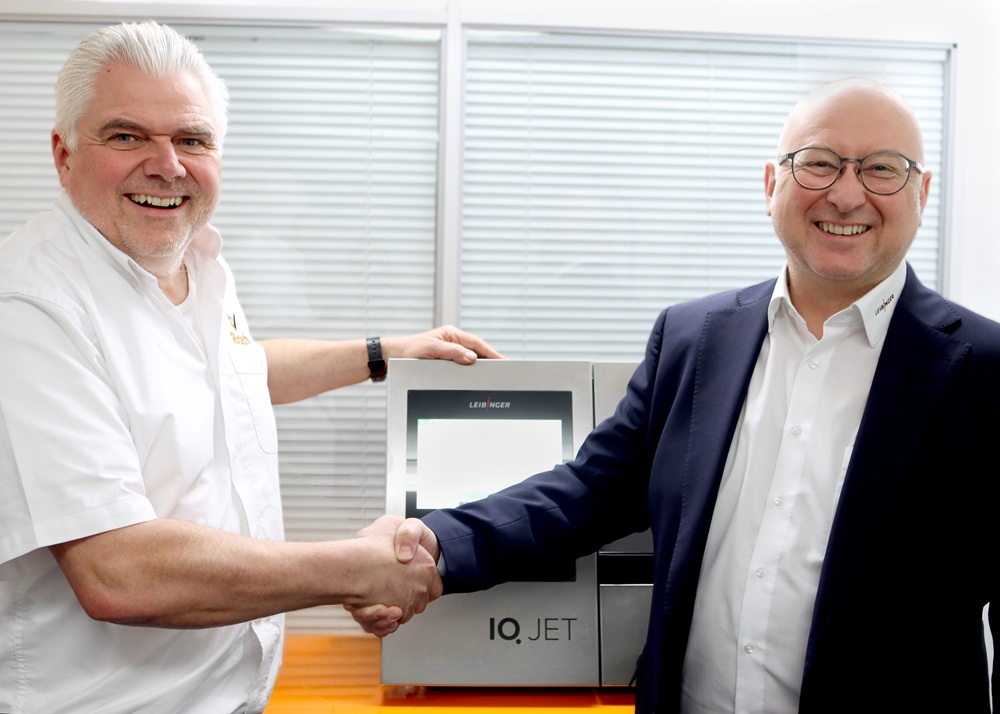AXYZ WARDJet, a global specialist in CNC router and waterjet cutting systems, will stage an open house and CNC manufacturing expo at its Telford headquarters on 16-17 July. Following a successful run in Ontario, Canada, the event brings the latest in smart manufacturing technology to the UK – offering live machine demonstrations, hands-on experiences and direct access to CNC experts.
With over 30 years of experience, AXYZ and its sister brand WARDJet say they are known for building versatile, high-performance systems that power manufacturers across a broad range of industries – from signage to aerospace, automotive and plastics. The UK open house offers a rare opportunity for professionals to see this technology in action and explore real-world applications tailored to their specific production needs.
The event will feature live CNC router and waterjet demonstrations where visitors can witness machines cutting a wide range of materials, including aluminium, acrylic, foam, wood, stone and composite. Also prominent at the event will be high-speed (40,000 rpm) spindles for twice the output and ultra-clean edges, while a new wire-free automatic loading system streamlines loading without messy cables.
Further attractions are set to include: an on-machine sheet loader that reduces footprint and increases efficiency in material handling; a 10-position automatic tool changer for fast and seamless tool transitions; and expert consultations.
New for 2025 is smart safety technology, with the debut of machine safety innovations that include laser Scanners (creating adjustable safety zones for safer machine interaction) and AI-driven cameras (providing intelligent threat detection and real-time operator monitoring).
More information www.bit.ly/3TDcZJr




















